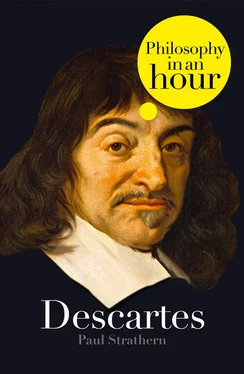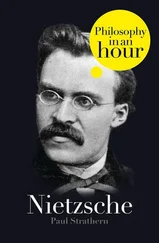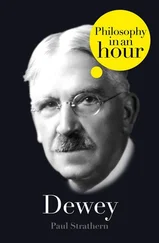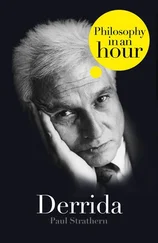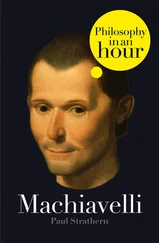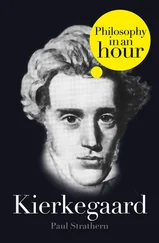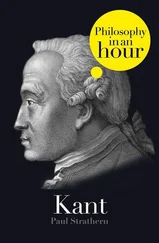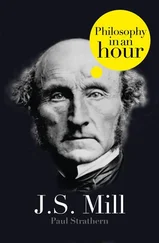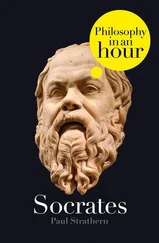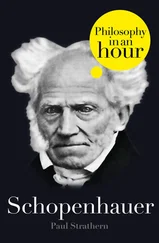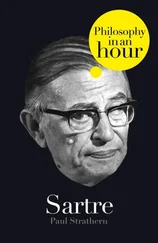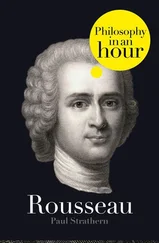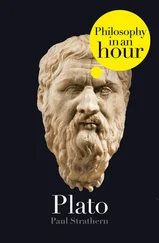One day while sitting in his stove, Descartes had a vision. It’s not clear precisely what he saw under these rather steamed-up circumstances, but it seems that this vision contained a mathematical picture of the world. This convinced Descartes that the workings of the entire universe could be discovered by the application of some universal mathematical science. That night when Descartes went to sleep he had three vivid dreams. In the first he found himself struggling against an overpowering wind, trying to make his way down the street toward the church at his old college in La Flèche. At one point he turns to greet someone, and the wind flings him against the church wall. Then, from the middle of the courtyard, someone calls to him that a friend of his has a melon which he wants to give him.
In the next dream Descartes is overcome with terror and hears ‘a noise like a crack of lightning’, after which the darkness of his room is filled with a myriad of sparks. The last dream is less clear: in the course of this he sees a dictionary and a book of poetry on his desk. This is followed by a number of the usual inconsequential and highly symbolic happenings that never fail to delight the dreamer and bore his listener. Descartes then decides (in his dream) to interpret these happenings. This might have given us a deep insight into Descartes’s understanding of himself, but unfortunately his biographer Baillet becomes rather garbled at this point.
The events of that winter day and the following night (November 11, 1619) were to have a profound and lasting effect upon Descartes. He believed that this vision and the ensuing dreams had revealed to him his God-given vocation. They were to give him a much-needed confidence in his calling as well as in the correctness of its findings that was not always backed by argument. But for this experience, the brilliant dilettante might never have realized his vocation. It is ironic that Descartes, the great rationalist, should have found his inspiration in a mystical vision and highly irrational dreams. This element in Descartes’s thinking is often overlooked in French lycées, where the great Gallic hero and hypnophile is held up as a rationalist exemplar.
Descartes’s dreams have attracted a wide variety of explanations. According to the Dutch philosopher and astronomer Huygens, who was later to correspond with Descartes, these dreams were the result of Descartes’s brain becoming overheated while he was in the stove. Others have suggested indigestion, overwork, lack of sleep, a mystical crisis, or the fact that he might recently have joined the Rosicrucians. The melon, whose offstage existence is alluded to in the first dream, apparently caused much mirth to eighteenth-century readers of Descartes’s biography. But with the advent of psychoanalysis, this melon became a much more serious matter.
Конец ознакомительного фрагмента.
Текст предоставлен ООО «ЛитРес».
Прочитайте эту книгу целиком, купив полную легальную версию на ЛитРес.
Безопасно оплатить книгу можно банковской картой Visa, MasterCard, Maestro, со счета мобильного телефона, с платежного терминала, в салоне МТС или Связной, через PayPal, WebMoney, Яндекс.Деньги, QIWI Кошелек, бонусными картами или другим удобным Вам способом.
